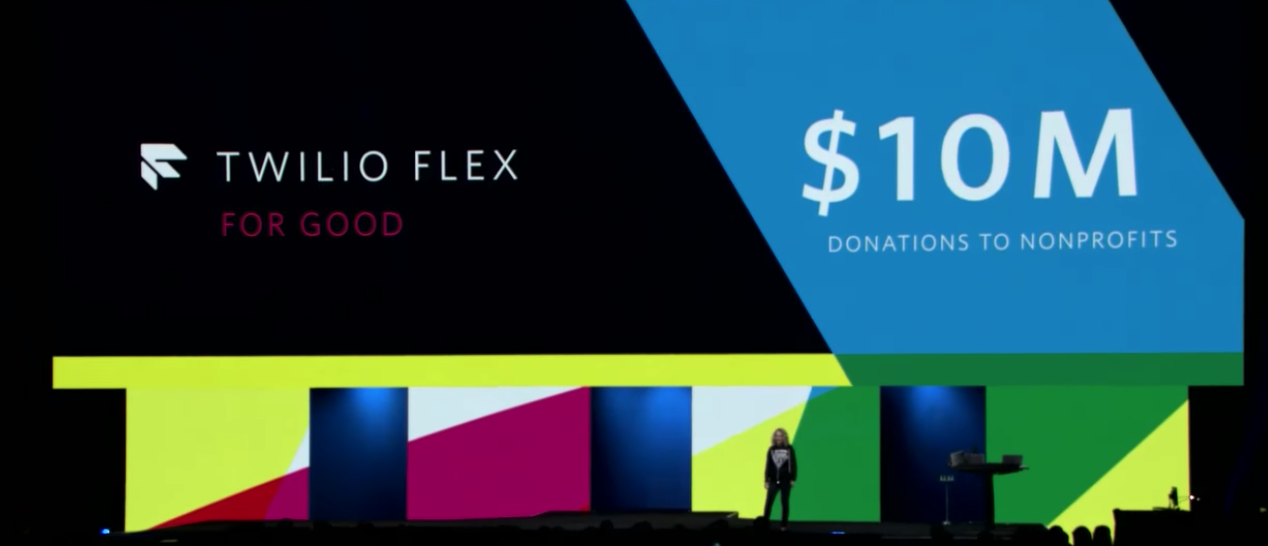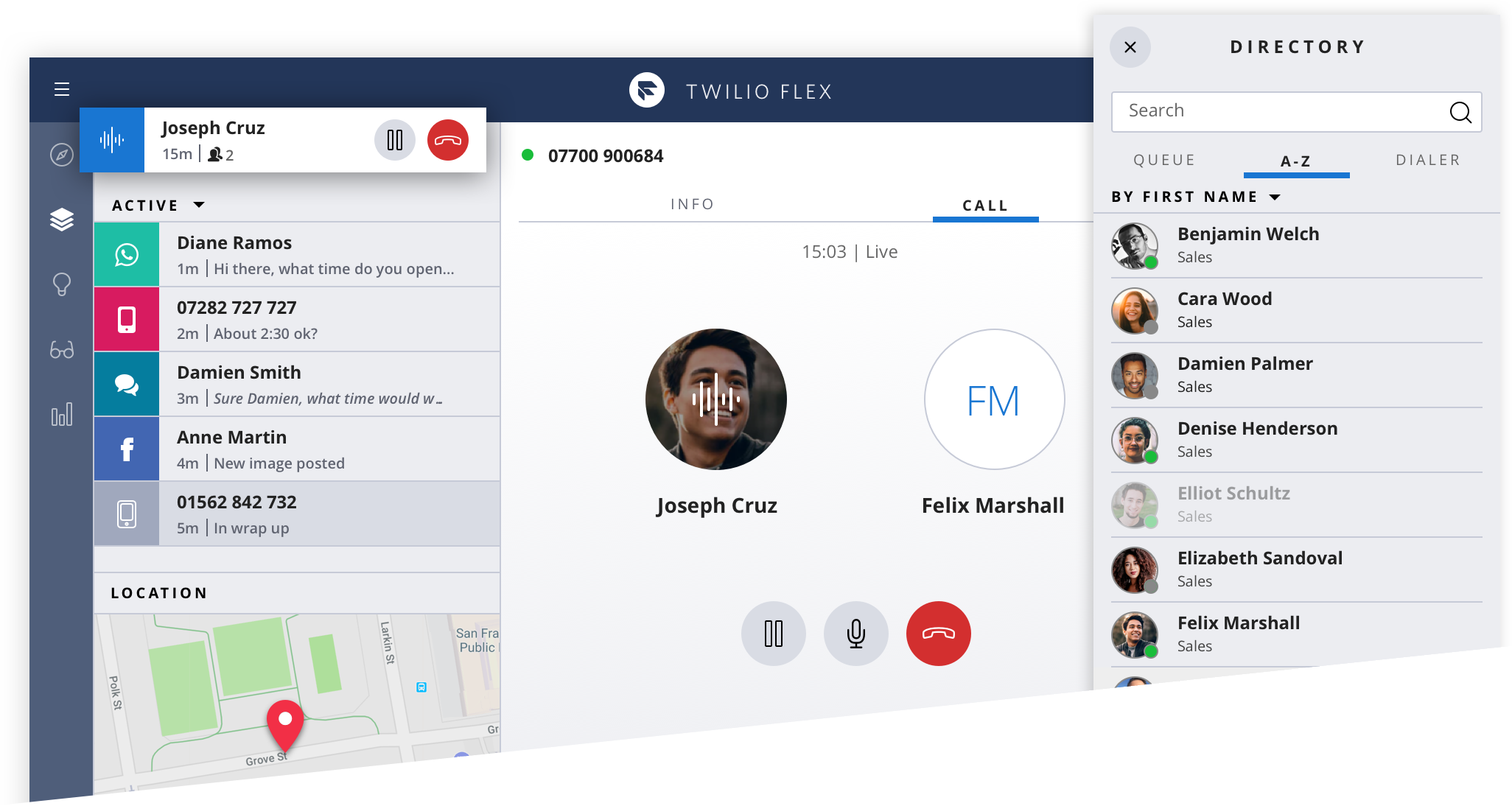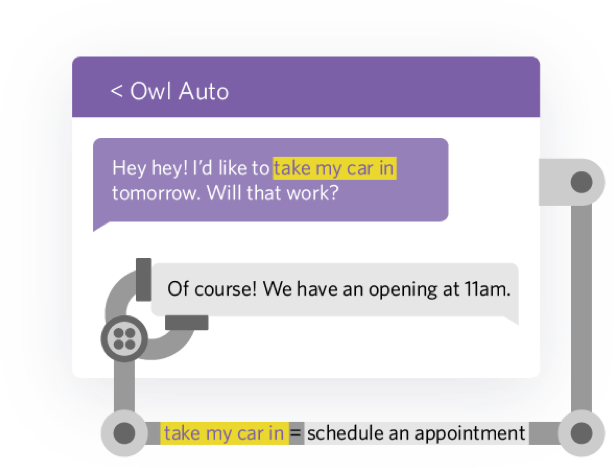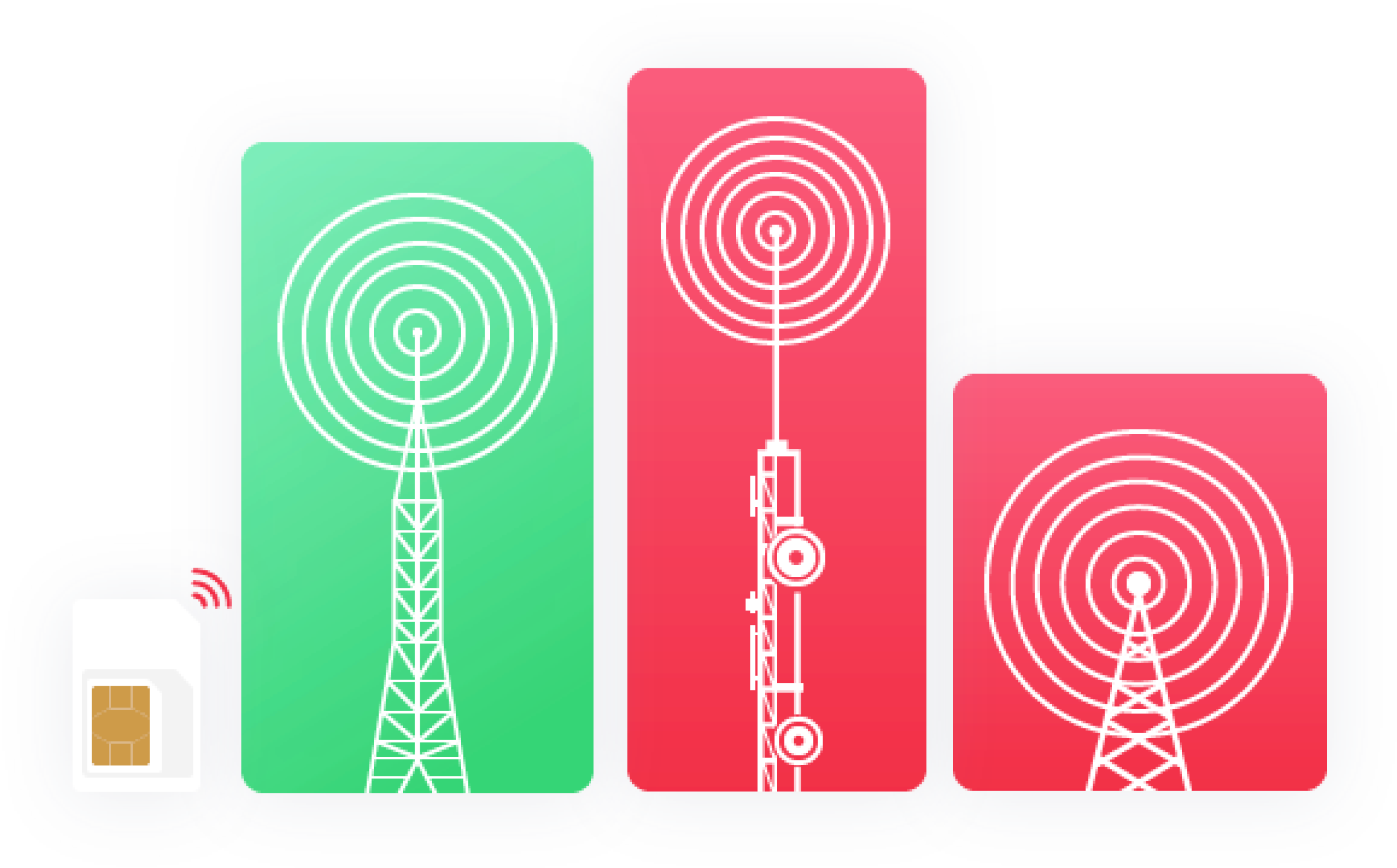4 Ways Twilio’s Product Releases will Advance Nonprofit Tech
Time to read:

In case you missed SIGNAL this year, we put together a recap of Twilio’s launches at our annual conference. Here are the top 4 ways this year’s product launches could shift the nonprofit tech landscape:
1: Secure Donations Over the Phone
Thousands of organizations – from your local radio station to the Red Cross – raise funds over the phone. But handling credit card information is still a tricky process: either your phone operators are handling sensitive payment data, or you must refer your donors to a payment portal. With Twilio’s PCI-compliant <Pay> verb, you can now seamlessly and securely accept donations over the phone.
Here’s how it works: your phone agent initiates a payment flow in which your donor hears a verbal prompt that walks them through entering their credit card information using their dialpad. Your agent can stay on the phone to assist, but won’t see or hear the payment information when it’s entered. After capturing payment information, Twilio <Pay> uses Stripe connector to process the payment on your behalf. You can use Twilio <Pay> with a volunteer agent on the phone or automate the entire payment process with an IVR.

2: Listening and responding at scale
We’ve seen the power of listening up close: Crisis Text Line saves lives every day by listening to calls for help. Polaris assists victims of human trafficking. But up until now, building a contact center capable of listening at scale has been a difficult technical lift.
Enter Twilio Flex. Flex is the cloud contact center platform you can deploy in minutes and customize exactly to your needs, across all layers of the stack. Flex gets you up and running fast with the programmability to address your wildest edge case.
And now with Flex for Good, nonprofits can deploy a contact center or helpline at a rate any nonprofit can afford, and with the features nonprofits need. Twilio is donating $10 million through discounted pricing to make Flex accessible to every nonprofit who wants to listen and respond to their audience.
And we’re building features specifically for nonprofits — like making it easy to turn volunteers into agents by using their personal email for authentication. You can ramp up volunteers fast, route callers to agents with the right skills to help, and make sure that when your community reaches out, you are listening.

3: Chatbots that are actually good
From crisis support to mobile education, chatbots are increasingly common way to connect people to your organization’s resources. But creating a good user experience with chatbots can be hard. Chatbot dialogs built on if/then logic are brittle, and building your own AI models takes a lot of development time.
That’s why we built Autopilot, Twilio’s AI-powered chatbot builder. Autopilot uses machine learning (MI) and natural language processing (NLP) to parse data, intent, and tasks from customer interactions, all out of the box.
With Autopilot, you provide example phrases that train your bot to take certain actions. You can also train Autopilot to gather specific data, such as registering volunteers, asking their skillset, and determining hours when they can work. There are so many ways organizations can use Autopilot to automate common tasks and free up staff time for conversations that need a human response. And that’s one of the best parts - you can use Autopilot with Flex to transfer a conversation to a live person when the bot doesn’t have the right answer for your constituent.

4: New connectivity options for monitoring and evaluation
IoT may not be the first thing that comes to mind when you think of nonprofit program delivery, but we’ve talked with many organizations that see IoT as revolutionary for monitoring and evaluation. Imagine deploying sensors that communicate real-time water quality measurements in remote locations, or monitoring ambient temperature in subsidized housing to ensure landlords aren’t cutting the heat.
To fuel projects like these, we recently announced two all new IoT connectivity products that that make it easier that ever to build the right IoT solution for your program. With the new Super SIM, you can connect devices in over 180 countries, leveraging Twilio’s relationships with multiple Tier-1 carriers. Access to multiple carriers on a single SIM means you no longer have to work with a different carrier on every continent while also optimizing device performance and controlling costs.
When data packets are smaller or infrequent — such as the water monitoring example — our new Narrowband SIM + SDK is the ticket. Narrowband or NB-IoT is a new radio connectivity option that lowers connectivity costs while improving battery efficiency. With a much smaller investment and longer life devices, you can scale IoT devices affordably.

Want to learn more about these new announcements or other Twilio products? Give us a shout. We’d love to chat with you.
Related Posts
Related Resources
Twilio Docs
From APIs to SDKs to sample apps
API reference documentation, SDKs, helper libraries, quickstarts, and tutorials for your language and platform.
Resource Center
The latest ebooks, industry reports, and webinars
Learn from customer engagement experts to improve your own communication.
Ahoy
Twilio's developer community hub
Best practices, code samples, and inspiration to build communications and digital engagement experiences.


